
Caretaker Prime Minister Najib Mikati and top ICJ judge Nawaf Salam seen as frontrunners.
Lebanon’s new President Joseph Aoun has begun binding consultations with members of parliament to nominate a prime minister.
Aoun’s consultations got under way at 8:15am (06:15 GMT) on Monday with a meeting with Elias Abu Saab, the deputy parliament speaker, according to the official National News Agency.
Caretaker Prime Minister Najib Mikati, who is backed by the Hezbollah-led alliance, and Nawaf Salam, a favourite of anti-Hezbollah legislators who is the presiding judge at the International Court of Justice (ICJ) in The Hague, are seen as the frontrunners.
The consultations follow Aoun’s election last week amid foreign pressure to form a government desperately needed to tackle major challenges in the country.
Lebanon had been without a president since October 2022, run by a caretaker government amid a crushing economic crisis compounded by all-out war between Lebanese group Hezbollah and Israel.
The outcome of the parliamentary consultations is expected to emerge by the end of the day. Once the prime minister is selected, it is their job to form a new government, a process that could take months.
Advertisement
“The newly elected President Aoun said that he hopes the next prime minister will be a partner and not an opponent,” said Al Jazeera’s Zeina Khodr, reporting from the Lebanese capital, Beirut. “A man who has the support of the international community, and a man who is ready to carry out much-needed reforms.”
Big challenges
Lebanon has a unique power-sharing system, designed to balance power among the nation’s different communities.
The president, who must be a Maronite Christian, serves as head of state and commander-in-chief of the armed forces. Meanwhile, the prime minister must be a Sunni Muslim and has significantly more executive power than the president.
The speaker of parliament, who leads parliamentary debates as well as playing the role of political mediator, has to be a Shia Muslim.
One of the country’s richest men, Mikati has headed the country in a caretaker capacity throughout the presidential vacuum.
Mikati said on the sidelines of the presidential vote on Thursday that he was ready to serve Lebanon “if needed”.
However, Hezbollah’s opponents see Mikati as part of an old political system that the group has within its grip.
Whoever heads Lebanon’s new government will face major challenges, including implementing reforms to satisfy international donors amid the country’s worst economic crisis in its history.
They will also face the daunting task of reconstructing swaths of the country after the Israel-Hezbollah war and implementing the November 27 ceasefire agreement, which includes the thorny issue of disarming the Lebanese armed group.
Advertisement

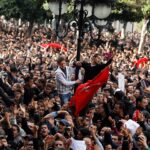


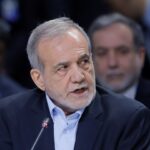

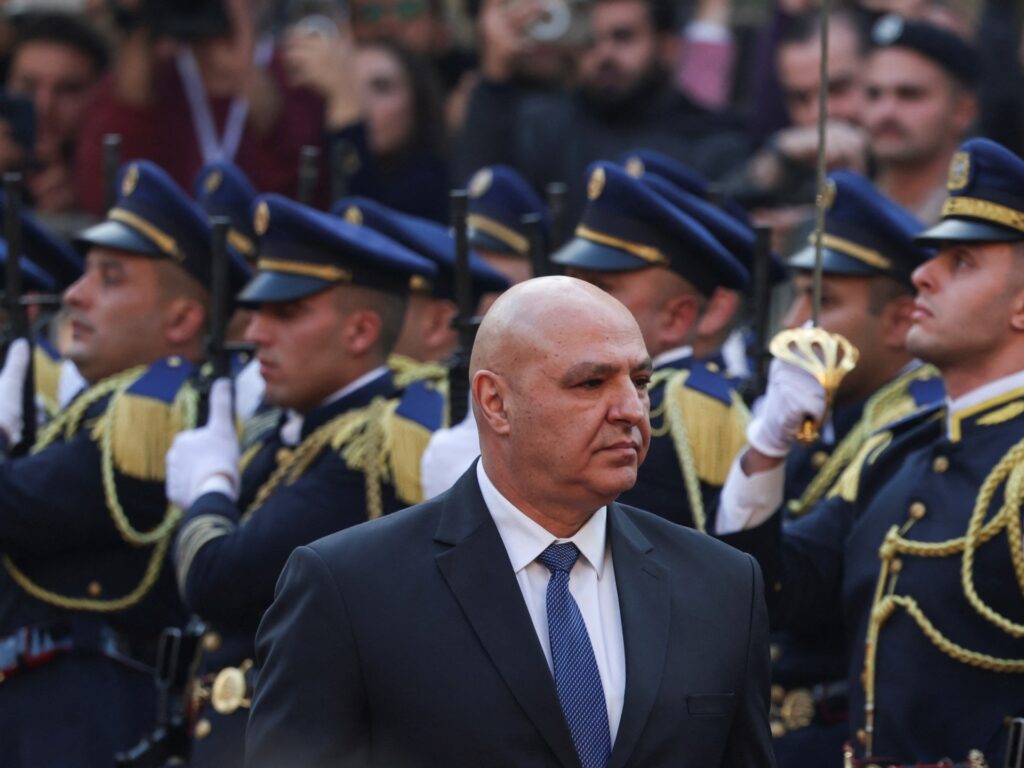
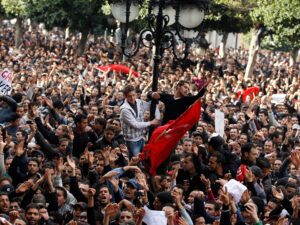


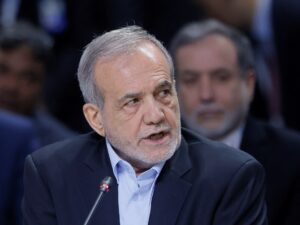
More Stories
Tunisia’s revolution 14 years on: ‘The emperor has no clothes’
Japan’s tourist arrivals hit all-time high as weak currency draws masses
WHO says at least 8 dead in suspected Marburg outbreak in Tanzania